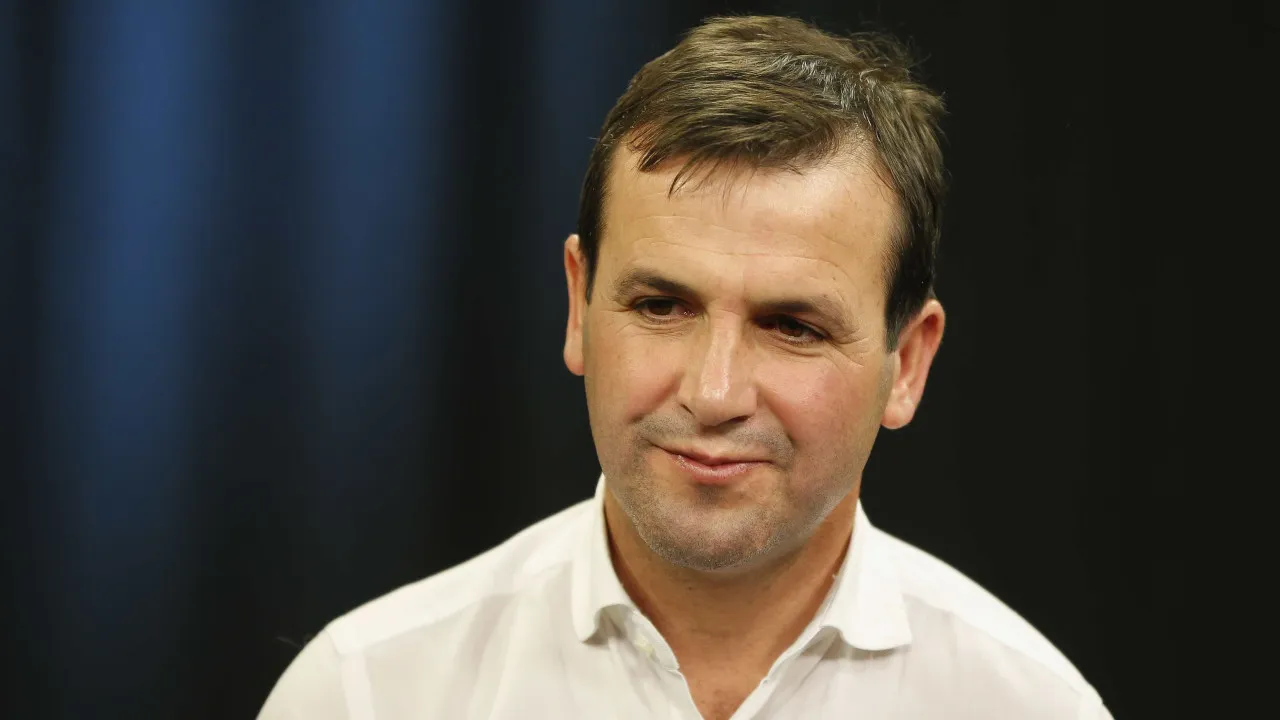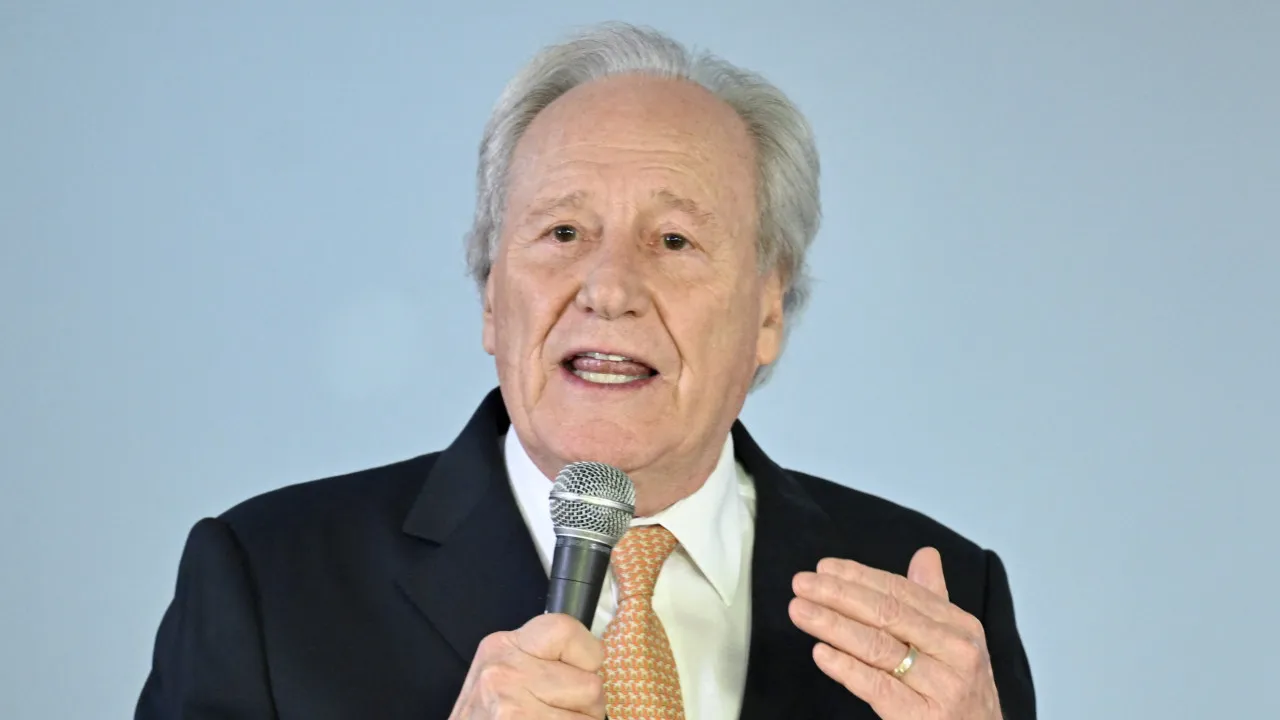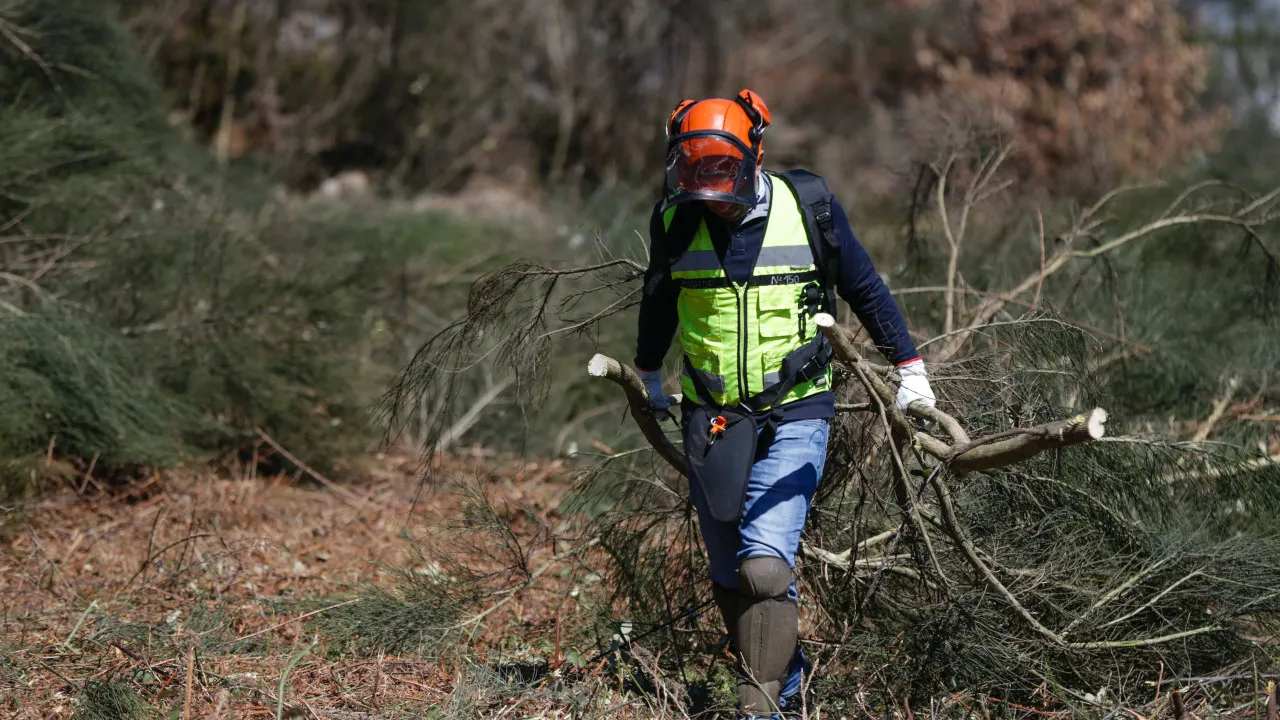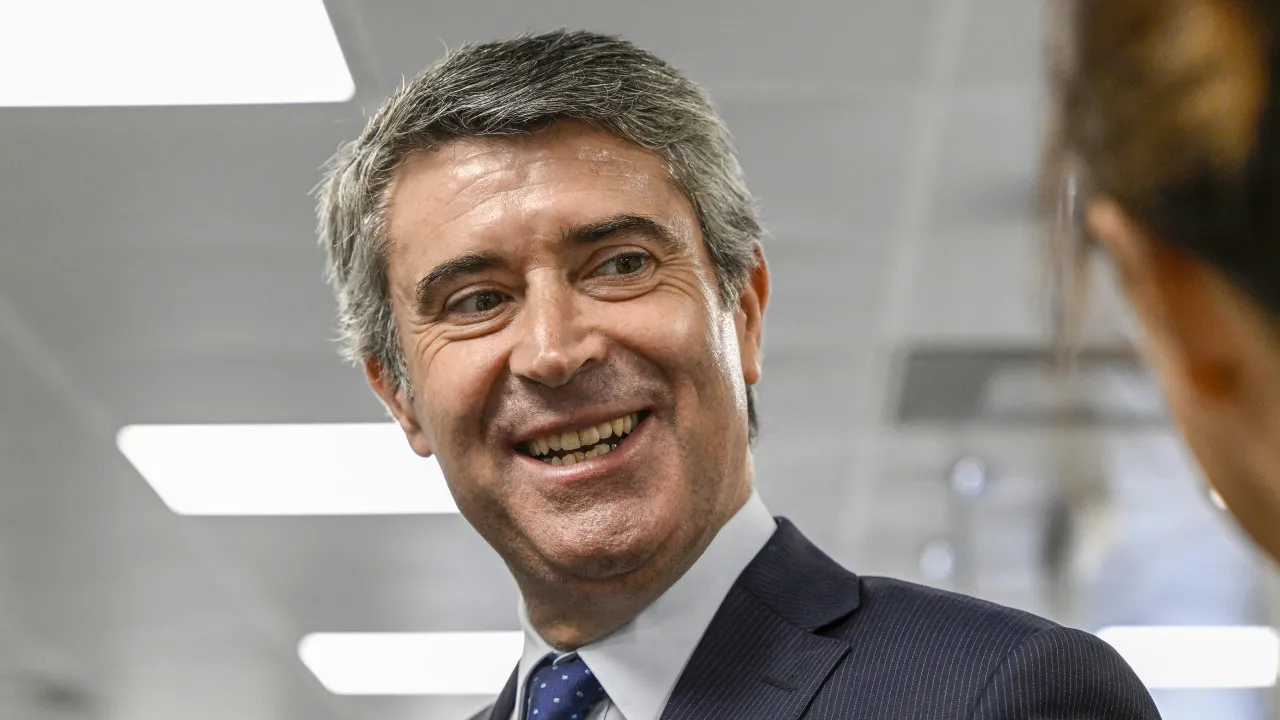The new Basic Law on Drowning Prevention aims to solve several problems associated with Portuguese beaches, with an emphasis on safety and the means used, said the director of the Institute for Shipwreck Relief (ISN).
The draft law, which is in the final stages of preparation by the Technical Commission for Aquatic Safety – an entity chaired by ISN and which includes representatives of the Directorate-General for National Defense Resources (DGRDM, a body of the Ministry of Defense), concessionaires and lifeguards, among others – has been in the process of revision for about a year and a half, to face the current legislation, considered out of step with reality.
Speaking to the Lusa agency, ISN director Paulo Vicente, nine months in office, explained that the new legislation brings together diplomas related to drowning prevention with others inherent, for example, to the role of lifeguards, in a process that turned out to be “more time-consuming”, but which addresses “all aspects related to aquatic safety”, on coastal beaches, rivers and swimming pools for public use.
The draft law, to be delivered to the Ministry of Defense, will then involve several ministries, with a special focus on Finance, which will have to approve the investments necessary for the paradigm shift that the new legislation induces, the commander stressed.
This is the case, for example, with the current obligation to have two lifeguards for every 100 meters of beachfront, which will be changed.
“Although the new legislation is not yet in force, I have abandoned the inflexibility and rigidity that was in the previous law, namely in the integrated [safety] plans”, assumed Paulo Vicente, adding that the current legislation, by generalizing for all beaches, ends up being very specific and reductive.
“I believe that each beach is a beach, each case is a case, and sometimes it is not necessary to say that every 100 meters there must be two lifeguards. Maybe there can be two lifeguards and ensure the surveillance of 200 meters”, he noted.
Thus, the responsibility for this definition of human resources can be joint, “not only of the ISN, but also of the port captain and the Maritime Authority, which knows the places”.
In the current bathing season, explained Paulo Vicente, “although the law [in force] is very specific and strict”, the ISN, as a regulatory entity, admitted changes to the safety device, given the presentation of integrated plans “with a strong support that the number of lifeguards can be reduced” in a given bathing area, complemented by auxiliary means, and with the authorization signed by the port captain.
“This year there has already been an opening here for all this and the new legislation allows it. There will be a specific aquatic safety plan for that region, for that captaincy, for that beach, which does not need to be approved or reviewed every year. Groups of beaches, groups of municipalities, it can be anything. It is written, […] it is indicated according to the needs and makes sure that there is an adequacy of means and lifeguards, as well as the clear definition of competences”, he added.
The revision of the law is, for now, suspended, waiting for the contributions of the lifeguards, promised in May, according to Paulo Vicente, for two weeks from now, but which have not yet reached the commission due to the ongoing bathing season.
In September, the representative will hold another meeting of the technical committee, warning that the draft law “will go to the tutelage”, regardless of whether or not these contributions arrive.
Heard by Lusa, Alexandre Tadeia, from the Portuguese Federation of Lifeguards (Fepons), admitted that the entity has not yet delivered its contributions to the new legislation, explaining that, at the time of the May meeting, the 16 associations that constitute it at national level were already involved in the preparation of the current bathing season, and these proposals were “impossible to make” at this time.
“The law that was presented to the lifeguard associations, in May, in that meeting that there was, had not had any space for discussion, had not been discussed. And, at the time, we said that it had to be discussed, we cannot approve it as it is”, he stressed.
Alexandre Tadeia also noted that the discussion of the new legislation is not limited to lifeguards, but also involves training schools and dealer associations.
“After we present the proposals, there will certainly be discussion […]. Now, it is not during the bathing season that is the space to be discussing these issues”, he reaffirmed.
Alexandre Tadeia stressed that any document approved now “will only come into force from 2024”, so “it is better after the bathing season to do things with time” and tranquility.
Despite the claim that there has not yet been discussion on the new law, which reflects “many of the federation’s proposals and a lot of positive things and others that still have to be improved”, the representative of the lifeguards considered the new legislative framework “very positive” and praised the courage of the ISN in “putting a whole new paradigm of assistance to bathers on the table”.








